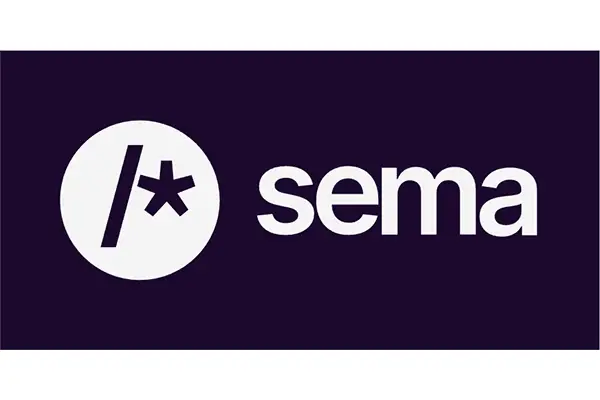Kruze Consulting’s Financial Models Show Your Startup’s Potential
Are you struggling to create a financial model that captures the attention of venture capitalists?
Kruze Consulting, the go-to accounting firm for VC-funded startups, is here to help you navigate the complex world of startup finances.

Our clients have raised over $15 billion in venture capital funding, and we know exactly what it takes to make your startup’s financial model stand out. Don’t let poor financial planning be the reason your startup fails to secure funding or falls into the 90% that don’t make it.
Key Benefits of Kruze Consulting’s Financial Modeling Services
Investor-Ready Models
Our expertly crafted financial models are designed to attract and impress venture capitalists.
Strategic Insights
Gain valuable insights into your startup’s financial health and growth potential.
Risk Mitigation
Identify and address potential financial risks before they become major issues.
Contact Us for a Free Consultation
Kruze Consulting specializes in startup accounting, relying on experienced accounting, tax, and finance professionals, using best-in-breed financial tools and systems.
Our Financial Modeling Services
Custom Financial Model Creation
We build comprehensive, tailored financial models that accurately represent your startup’s unique vision and strategy.
Financial Model Review and Optimization
Our experts will review and refine your existing financial model to ensure it meets investor expectations.
Ongoing Financial Support
We provide continuous updates and adjustments to your financial model as your startup grows and evolves.
Case Study
Sema Technologies
Sema Technologies partnered with Kruze Consulting for expert startup accounting, tax services, financial modeling, and accounts receivable management.


"We took on investment from some world-class venture capitalists, and that demands a world-class level of accounting expertise. Kruze was able to provide that in a way that was accessible to an early-stage startup."
Case Study
Cinder Technologies
Cinder Technologies partnered with Kruze Consulting to claim significant R&D tax credits, resulting in substantial savings for their growing startup.


"There’s a real value to knowing I have Kruze in my corner. I have a lot of confidence in our books. If we were fundraising and someone wanted to audit our books tomorrow, I’d say great, go for it."
Frequently Asked Questions
We specialize in funded early-stage companies, from Pre-Seed to Series C stages, across various industries, including SaaS, biotech, eCommerce, and more.
A well-prepared financial model can attract investor interest, support informed decision-making, and facilitate funding negotiations.
Key components include revenue forecasting, cost assumptions, profit and loss statements, cash flow projections, balance sheets, and financial ratios.
We recommend regularly updating your financial model to reflect changing business needs, growth, and market conditions. You should always update your models at the beginning of the year, and it’s a good idea to revisit them each quarter.
Latest from Startup Financial Systems
We highlight best practices and cutting-edge tools to design scalable financial systems, empowering startups with the data and automation needed for confident decision-making and efficient growth.











